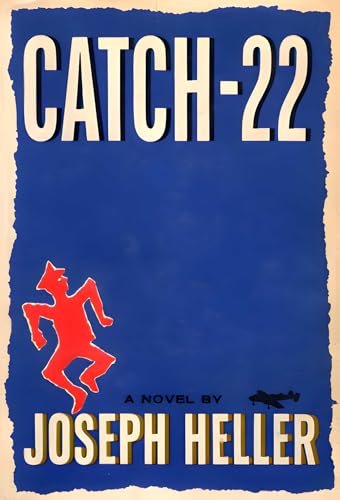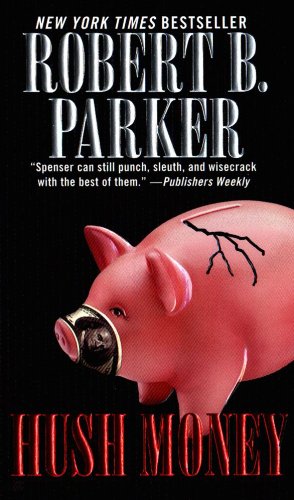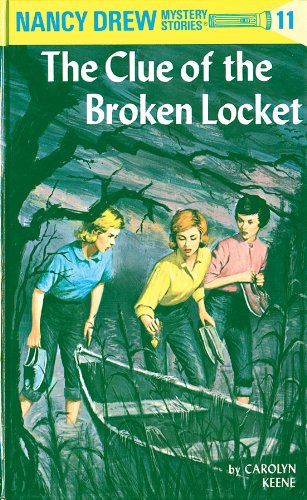There are 15 new additions to our 100+ Free Book Alert listings this morning, and I personally found several of them extremely download-worthy, including Writing Fiction For Dummies, Shrimp: The Endless Quest for Pink Gold, and Armistead Maupin’s Michael Tolliver Lives….
But first, a word from … Today’s Sponsor
The magic of Disney’s Pinocchio blends with the magnificent quest of Hemingway’s The Old Man and the Sea in an inexpensive ebook that can work as a YA story or a read-aloud for younger kids….
The Lake That Stole Children
by Douglas Glenn Clark
Just $2.99 in the Kindle Store – Text-to-Speech: Enabled
by Douglas Glenn Clark
Just $2.99 in the Kindle Store – Text-to-Speech: Enabled
The Lake That Stole Children blends the magic of Disney’s Pinocchio
blends the magic of Disney’s Pinocchio with the magnificent quest of Hemingway’s The Old Man and the Sea
with the magnificent quest of Hemingway’s The Old Man and the Sea . It begins with a boy’s deep yearning and leads to a grown man’s startling discovery. The story begins with a town troubled by a big secret. Children have been disappearing and no one knows why. A fisherman, who lives with his family on the outskirts of town, cared nothing about the town’s troubles – until he too lost a son. Following a dangerous search on a nearby lake, the fisherman believes he knows where the children may be and vows to save them. When the town refuses to help in his quest, the fisherman realizes that to save his son he must face one seemingly insurmountable obstacle – himself.
. It begins with a boy’s deep yearning and leads to a grown man’s startling discovery. The story begins with a town troubled by a big secret. Children have been disappearing and no one knows why. A fisherman, who lives with his family on the outskirts of town, cared nothing about the town’s troubles – until he too lost a son. Following a dangerous search on a nearby lake, the fisherman believes he knows where the children may be and vows to save them. When the town refuses to help in his quest, the fisherman realizes that to save his son he must face one seemingly insurmountable obstacle – himself.
(UK Kindle Customers: Click here to download from the UK Kindle Store

 )
)
Grow Your World – Here’s How!
Order your FREE GIFT today!
Here’s a real free gift in the form of a 19-page reading guide that distills the power of story from The Lake That Stole Children. Just click here to sign up for your free PDF booklet and then send it to your Kindle via your you@free.kindle.com email address with “convert” in the subject line:
“How to use a Big Fish Tale to improve relationships, advance your career and create abundance!
Each day’s list is sponsored by one paid title. We encourage you to support our sponsors and thank you for considering them.
Authors, Publishers, Kindle Accessory Manufacturers:
Interested in learning more about sponsorship? Just click on this link for more information.
Free Contemporary Titles in the Kindle Store
HOW TO USE OUR NEW FREE BOOK TOOL:
Just use the slider at right of your screen below to scroll through a complete, updated list of free contemporary Kindle titles, and click on an icon like this one (at right) to read a free sample right here in your browser! Titles are sorted in reverse chronological order so you can easily see new freebies!















